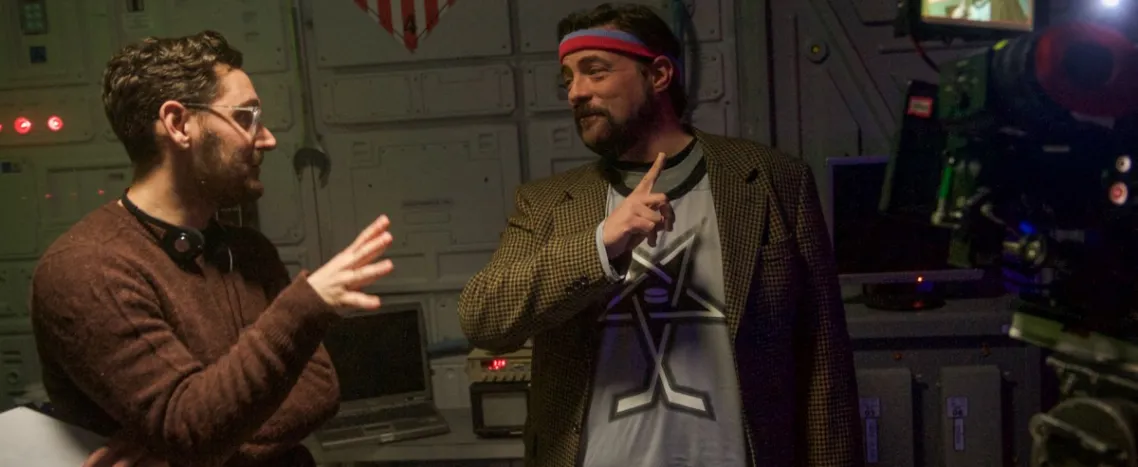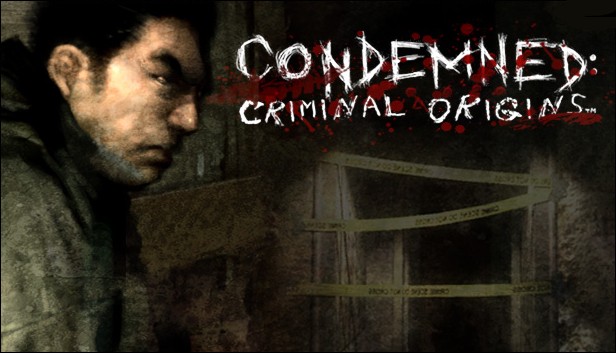Wolf Creek is a horror film I have been meaning to review for awhile now on The ‘Bib. I can still remember the mixed response from audience members, with some people loving it and some people (like Roger Ebert) absolutely eviscerating the film. Since its release, the film has become a recognized cult classic, appearing on lists declaring it the ‘scariest film of all time’ or among the best horrors of the new century. It all felt a little like exaggeration from where I stood. Bless his heart, but Roger Ebert’s feathers were always easily ruffled, meanwhile critics and moviegoers love to hail anything with the slightest competency as the next best thing (and, to their credit, it’s fun to do). The film is credited with helping start a substantial boom in Australian horror (although this isn’t anywhere near the first Australian horror I’ve seen, I believe this will be the first Australian horror I’ve reviewed).
For a while, it started to feel like two ships passing in the night. Every time I would find something that’d make me interested – like John Jarratt’s glimmers of potential in the mediocre horror film Shiver.
Something else would pull me away – like John Jarratt being charged with rape after a woman came forward about an alleged incident in 1976.
This will be a tangent: – I believe in separating the art from the artist to an extent. As an example, I don’t refrain from reviewing a film because I think one of the actors might be an alcoholic or I find out he doesn’t believe in climate change. I generally believe there are too many gray areas to cast judgment, as well as variables I may not be aware of. Likewise, I believe that putting that type of responsibility on oneself is an undue, unnecessary burden. However, rape, murder, and pedophilia are some examples of things I can’t separate from the art. There are some instances where I think I can ethically justify reviewing movies with some ‘bad eggs’ involved.
For example, I can review Baby Driver, in spite of my disdain for the abhorrent behavior committed by Kevin Spacey. A lot of people were involved in that movie, and their work doesn’t deserve to be disregarded and forgotten because of what somebody else did after the movie was released (or before the movie was released, but only readily known about after). On the other hand, I can’t justify reviewing Jeepers Creepers, because Victor Salva had been arrested in the eighties for raping a twelve-year-old boy. Everyone had access to the information. Everyone could’ve and didn’t do their due diligence for who they supported and the project they signed up for. I don’t feel bad about their work (however, respectable) not being recognized in a Nightmare Deck, given the circumstances.
For Wolf Creek, it falls under the same parameters as Baby Driver. Even if it wasn’t, the trial against John Jarratt found that he was not guilty from a jury that took only fifteen minutes of deliberation to come to that conclusion. The accuser and her story changed repeatedly, and the publication responsible for damaging Jarratt’s reputation was sued for slander, before issuing an apology to John Jarratt.
It doesn’t necessarily mean John Jarratt is innocent. Crimes like this are notoriously some of the most difficult to prove or disprove, but, I believe in innocent until proven guilty, and, in a courtroom of his peers, he was found decidedly not guilty. Unless new information arises, that is pretty much what we are left with.
The film was written and directed by Greg McLean. We haven’t talked about him yet on The ‘Bib, but he also directed The Belko Experiment (alright), Rogue (haven’t seen it), The Darkness (haven’t seen it, heard bad things), and Jungle (haven’t seen it, heard good things), so, chances are, we will meet again.
As a film, Wolf Creek is rather straightforward – a group of backpackers are taken captive and then hunted by a man named Mick Taylor. It starts in a familiar fashion – you could chop out the first twenty-something minutes and insert them into a lot of different films, like a Wrong Turn sequel or innumerable amounts of Texas Chainsaw Massacre clones (the only difference being that everyone has an Australian accent). This is commonplace, and I think it is par for the course, but it doesn’t exactly do a lot for me.
I am half an hour into this film and nothing has happened. I am all for the occasional slow burn, but I am also an avid believer in concision and using ones’ time wisely. Instead of using this time to flesh out and develop the characters, the film settles for just having them do. Like sit somewhere. Or sit someplace else. Or go to a restaurant. To sit. It isn’t insufferable, but the fact remains that I am about thirty-five minutes into Wolf Creek and the only thing I have learned about the film is that there are backpackers in Australia. I don’t know anything about them. I am not asking for mountains of exposition, backstory, and foreshadowing, but it feels like everything that was accomplished in nearly forty minutes could have been accomplished in ten and become a better film as a result.
Hereafter, the horror begins to unravel. We are treated to Jarratt’s performance as Mick Taylor, who is introduced as very close to a caricature of an outback Australian. However, it is clear very early that there is a darkness behind his kind words. Then, of course, that darkness is revealed – asking the bold question of what would happen if Crocodile Dundee was evil. As it turns out, the outcome feels pretty natural, all in all. Taking the stereotypes and worst impressions of an Australian isn’t very different from what Tobe Hooper did with Texas back in the seventies.
Overall, I ended up with very little to say about Wolf Creek. At this point, I am a seasoned veteran in the realm of horror, which means I am not likely to be rattled by the average run of the mill exploitation film (a term that has since become so broadly used that it no longer means anything). It’s no more alarming than the average slasher film that was released in 2000s, and features far less production and characterization. If isolated by itself, maybe the film houses some level of merit as a modest Australian horror film (a country that doesn’t have all that many notable horror films), but, as a film, it’s pretty basic and uneventful. For a gore hound, the kills aren’t that interesting, either in a fun way (Friday the 13th) or in a grotesque way (Terrifier), and the characters are, at best, lukewarm stock characters, and, at worst, pigs for the slaughter. John Jarratt does alright in his role, but it isn’t doesn’t lead to anything distinct that I will come out of this film remembering.
Rating: – 1.5 out of 5.0






GIPHY App Key not set. Please check settings